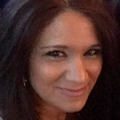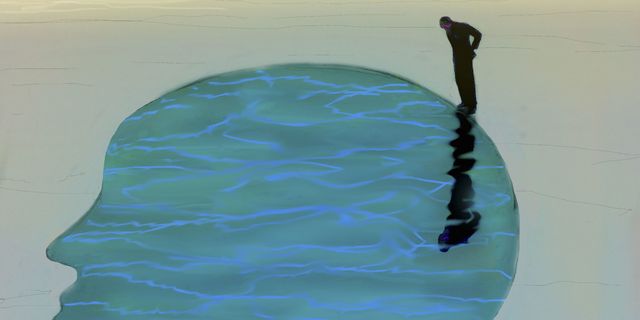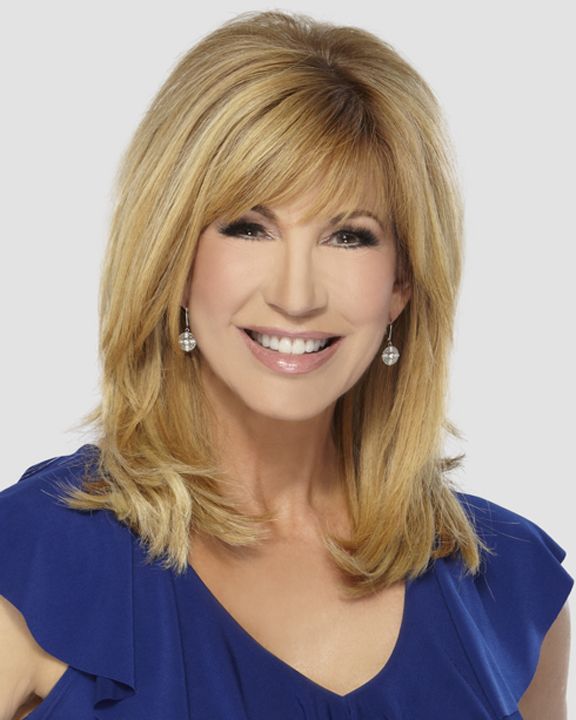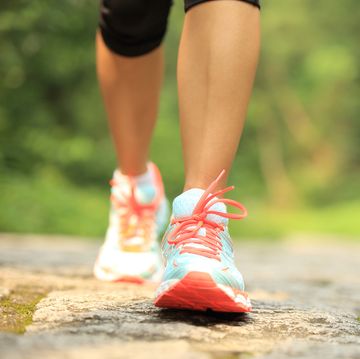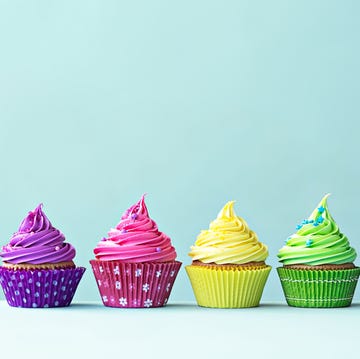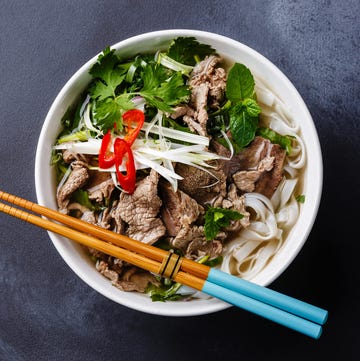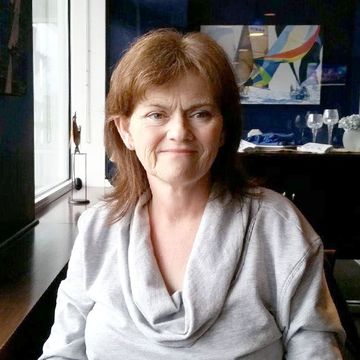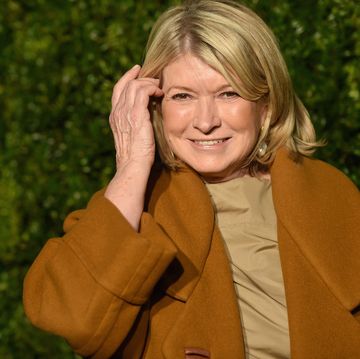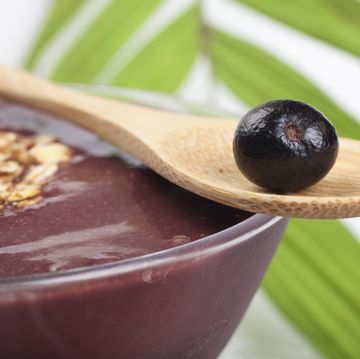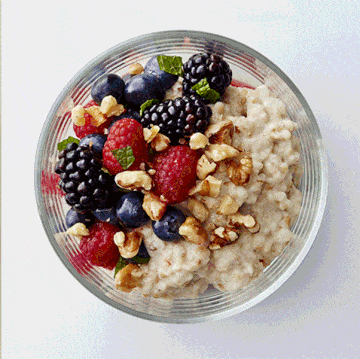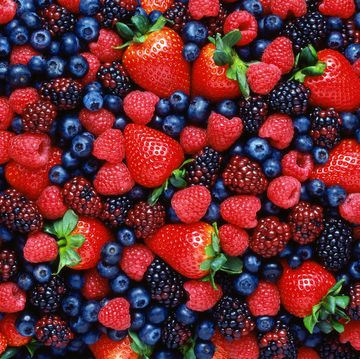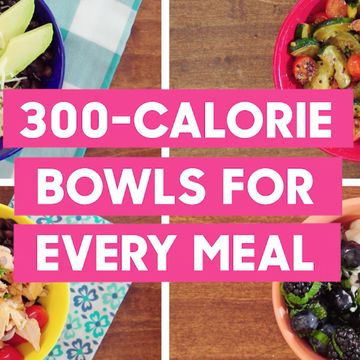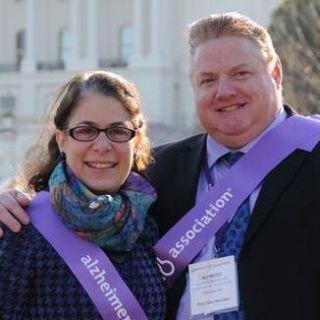Leeza Gibbons can pinpoint the exact moment her life and identity changed forever.
"It happened during my grandmother's funeral," recalls the Los Angeles-based, Emmy award-winning entertainment reporter. "My mother had been diagnosed with Alzheimer's, and we were burying her mother, who had the same disease. And I realized, 'Wow, I'm always going to be her daughter, but I now have this hybrid role — of reversing the roles — and becoming her caregiver.' That was the moment when I owned it, when it became very clear to me."
Even though Gibbons, her siblings and her father witnessed her mother slowly deteriorate over time, she continued to struggle with their new reality. "I went kicking and screaming like everybody does," the mother of three admits. "Up until then — and even sometimes afterwards — I went into that denial place of actually thinking I could change it, that mom would somehow be the one person in the history of the world to beat it. My granny was the strongest rock in our family and my mother was my true North. To see them be challenged with this, it shook my foundation — it shook me to the core."
At the time, Gibbons, who was working as an anchor on the celebrity news program Extra, and her family contacted several local social service groups for additional caregiving assistance. But they still weren't prepared to face all the challenging – and often heartbreaking – experiences that were to come. One of the worst happened in the middle of a black-tie fundraiser.
"There are times in the early stages people can fake it, because to the outside world, everything looks perfectly normal," Gibbons explains. "That's where we were with mom. I had turned around to talk to someone, and when I looked for her, she wasn't there."
Her mom had wandered to a corner of the room, where Gibbons found her nearly naked. "She was just standing there in her bra and panties. Her dress — this gorgeous, turquoise beaded gown —was around her ankles. I will never forget that feeling of wanting to protect her, and that awful realization that we had reached a plateau where we couldn't see the way forward."
While her sister and father handled many of the day-to-day duties, an in-home aid was eventually brought in to care for her mom; however, the stress of caring for and watching the "sassy, funny woman" she knew fade before her eyes was still overwhelming for Gibbons. She spent years running on fumes and was quick to snap at others.
"I always say, I didn't have a Caregiver Barbie doll," she says. "There was no role model for showing you how to deal with the eventuality that you might have to be a caregiver … I was depleted physically, spiritually and emotionally."
Self-Care: A Crucial — But Often Forgotten — Part of Caregiving
"With Alzheimer's, not only is it stressful being a caregiver, but you're also having to grieve at the same time," says Carol L. Rickard, LCSW, author of Stretched, Not Broken: A Caregiver's Toolbox for Reducing & Managing Stress. "You're having to grieve the loss of the person before they even pass away."
Rickard, who was a caregiver for her father and mother as a teenager, compares the stress of caregiving to a bottle of seltzer that's been shaken: "If you put the bottle back in the refrigerator, does the pressure that was created go anywhere?" she asks. "It doesn't. Stress is bad for your health and stress is energy. If we don't channel it, it will either explode or implode, so you have to take action."
Her top three stress management life tools are a lot simpler than you'd expect: walking, talking or writing. Walking can be substituted for any type of physical activity; talking can take place either in person or online (she recommends the Depression and Bipolar Support Alliance: "You need to be around people speaking the same language") between you and a friend, partner, therapist or support group; and writing involves jotting down your emotions and then throwing out your words without reading them. That's key, Rickard explains.
"In writing, you're releasing," she says. "But by reading it, you're reloading — it's like dumping water out of a rowboat, then scooping up more water and putting it back in. That's why I don't call it journaling — I call it dumping."
Gibbons developed a similar technique that helped her release anger, sadness and stress: talking into a digital recorder while walking.
Rickard also encourages caregivers to ask for and accept favors from others. "I'm a very independent person, and I wouldn't take help from anyone who offered it," she says. "It took a girlfriend to say to me, 'You know how good it feels to help somebody out? Well, every time you don't let me help you, you're denying me of that opportunity.'"
Gibbons agrees wholeheartedly. "You can't walk the path alone, and I also advise caregivers to develop their ability to ask for help," she says. "People like instructions, so you have to tell them, 'Please walk my dog, bring me a casserole, let me call you and cry.' Make a list and have it handy. It's a really important skill to develop."
From Sadness to Service
During her mother's nearly 10-year battle with Alzheimer's, Gibbons and her family were forced to face many devastating turning points, such as her mom's inability to remember names, sudden erratic behavior and desire to wander off; fortunately, however, her mother was able to give "marching orders" on the type of care she wanted before she lost key cognitive function. Gibbons says that conversation was "an important lesson."
An optimist at heart (not surprisingly, her latest book is Fierce Optimism: Seven Secrets for Playing Nice and Winning Big), Gibbons learned to find the beauty in the quiet moments when her mother lost the ability to communicate during her final years.
"It was very frightening for me not to know if she could understand me, if I could communicate to her in a way that we were connecting," she explains. "But there is a great gift in holding someone's hand, singing to them, just sitting with them in silence … There's no question in my mind that my mother always saw me as loving energy and someone who cared for her. That's a prize of very high honor."
After her mom's passing in 2008, Gibbons decided to become an Alzheimer's disease caregiver advocate. "My mother said, 'Don't be ashamed — just tell the story,'" she says. "And that was a long time ago when there was much more stigmatization, much more polarization [around Alzheimer's disease]."
She launched the Leeza Gibbons Memory Foundation and Leeza's Care Connection ("We decided to create what we wished we had along the way"), and more recently partnered with Senior Helpers, a national franchise dedicated to ensuring better quality of life for aging adults and their families.
"It's important to access and leverage the knowledge of people who understand the disease, because it can help others be realistic about what the expectations are, which helps to eliminate guilt, resentment, pressure and all of the things that cause these relationships to unravel."
Today, Gibbons applauds the efforts of other celebrity advocates — including Maria Shriver, as well as couples Kim and Glen Campbell, and B. Smith and Dan Gasby — referring to them as "the powerful voices that are creating tremendous change." Looking back, she feels fortunate for the "slower goodbye" she and her family were given, yet remembers being worried she'd only hold memories of her mother being ill.
"But she walks with me as the strong, steel magnolia she was," she says. "She's always with me — because a mother's work is never done."
